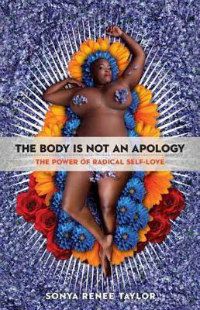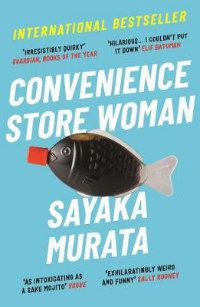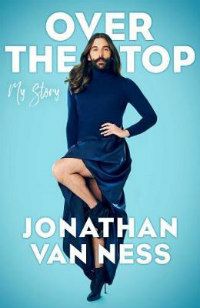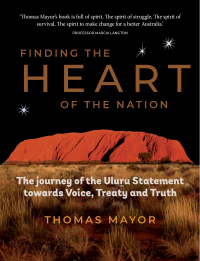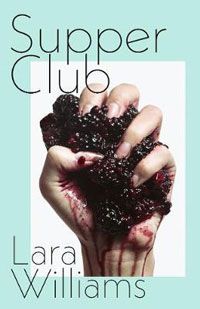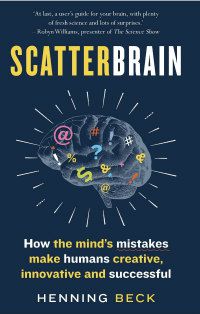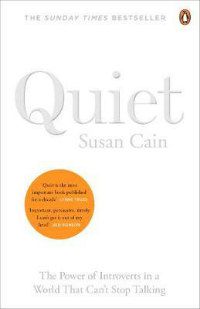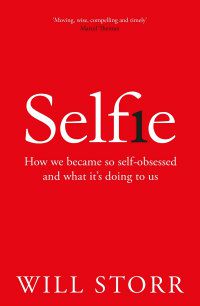If new year’s resolutions don’t work for you, if making goals and to-do lists leaves you cold, maybe you’d like to focus that new-year energy on self-acceptance and self-love instead. We’ve put together a list of recommendations that encompass radical self love, raw memoir, accounting for the past, and unique characters in literature.
The Body Is Not an Apology by Sonya Renee Taylor
Poet, educator, activist and The Body Is Not an Apology founder Sonya Renee Taylor makes the connection between radical self-acceptance and social justice in this concise and empathetic book. Taylor elucidates how systems of oppression thrive off of our inability to make peace with bodies and difference, pointing out that when we develop the ability to honour difference and radically accept ourselves, we have the capacity and desire to apply those skills to the larger world. Radical self love not only dismantles shame and self loathing in us, but has the power to dismantle global systems of injustice, because when we make true peace with our bodies, only then do we have the capacity to truly make peace with the bodies of the others.
Convenience Store Woman by Sayaka Murata
Keiko is 36-years-old and has been working happily in the same convenience store for eighteen years, in fact it’s the only place she’s found where she makes sense as a person. She sees no reason to change her comfortable and ordered existence, but faces pressure on all sides – friends, family, co-workers and society – to get married and move onto a ‘real job.’ Keiko’s unconventional attempts to stave off scrutiny and become more ‘normal’ lead to moments of black humour and real heartbreak, but ultimately this spare and satirical bestseller celebrates living authentically.
Over the Top by Jonathan Van Ness
Before he stole our hearts as the grooming expert on Queer Eye, Jonathan was growing up in a small Midwestern town that didn’t understand why he was so … over the top. From choreographed carpet figure skating routines to the unavoidable fact that he was Just. So. Gay., Jonathan was an easy target and endured years of judgement, ridicule and trauma – yet none of it crushed his uniquely effervescent spirit. Over the Top is a revelatory, raw and rambunctious memoir that uncovers the pain and passion it took to end up becoming the model of self-love and acceptance that Jonathan is today.
Finding the Heart of the Nation by Thomas Mayor
Sometimes love and acceptance can only be achieved by first accounting for the past. Thomas Mayor has travelled around the country, visiting communities big and small, to promote the Uluru Statement from the Heart and its vision of a better future for Indigenous Australians. Through the story of his own journey and interviews with 20 key people, Thomas taps into our shared humanity and the growing movement of Australians who want to see substantive constitutional change. Thomas believes that we will only find the heart of our nation when the First peoples – the Aboriginal and Torres Strait Islanders – are recognised with a representative Voice enshrined in the Australian Constitution.
Supper Club by Lara Williams
Twenty-nine-year-old Roberta has spent her whole life hungry – until the day she invents Supper Club. Supper Club is a secret society for hungry women. Women who are sick of bad men and bad sex, of hinted expectations to be thinner, smile more, talk less. So they gather at night to feast and drink and dance, seeking the answer to a simple question: if you feed a starving woman, what will she grow into? This startling novel weaves a story about friendship, food and female rage; recommended for foodies and anyone looking for a book about embracing the messy inchoate nature of asserting yourself in a messed-up world.
Scatterbrain by Henning Beck
Remember that time you messed up simple maths or forgot the name of your favourite song? This mind-bending book is for anyone who has ever thought: why won’t my brain work as well as it should? Award-winning neuroscientist Henning Beck uses cutting-edge science, practical advice and real-life stories to explain why perfectionism is pointless -- and argues that mistakes, missteps and flaws are the keys to success. What if someone told you that these ‘brain freezes’ were proof of our superiority to computers and AI? In Scatterbrain, we learn that boredom awakens the muse, brain freezes are our secret weapons, distractions spark creativity and misjudging time creates valuable memories, among the many other benefits of our faulty minds.
Quiet by Susan Cain
A perennial bestseller since its publication in 2013, Susan Cain’s Quiet gives us all permission to stay home alone, read and drink a cup of tea. Some of the world’s most talented people are introverts – without them we wouldn’t have the Apple computer, the theory of relativity and Van Gogh’s sunflowers. Yet extroverts have taken over. Shyness, sensitivity and seriousness are often seen as being negative. Cain uses research and real life stories to show how the brain chemistry of introverts and extroverts differs, and how society misunderstands and undervalues introverts. She gives introverts the tools to better understand themselves and take full advantage of their strengths.
Selfie by Will Storr
We live in the age of the individual, with a strong cultural image of the slim, prosperous, happy, extroverted and popular self. But this model of the ‘perfect’ self can be extremely dangerous. People are suffering under the torture of this impossible fantasy. Where does this ideal come from? Why is it so powerful? Is there any way to break its spell? To answer these questions, Selfie takes us from the shores of Ancient Greece, through the Christian Middle Ages, to the self-esteem evangelists of 1980s California, the rise of narcissism and the selfie generation, and right up to the era of hyper-individualistic neoliberalism in which we live now.


